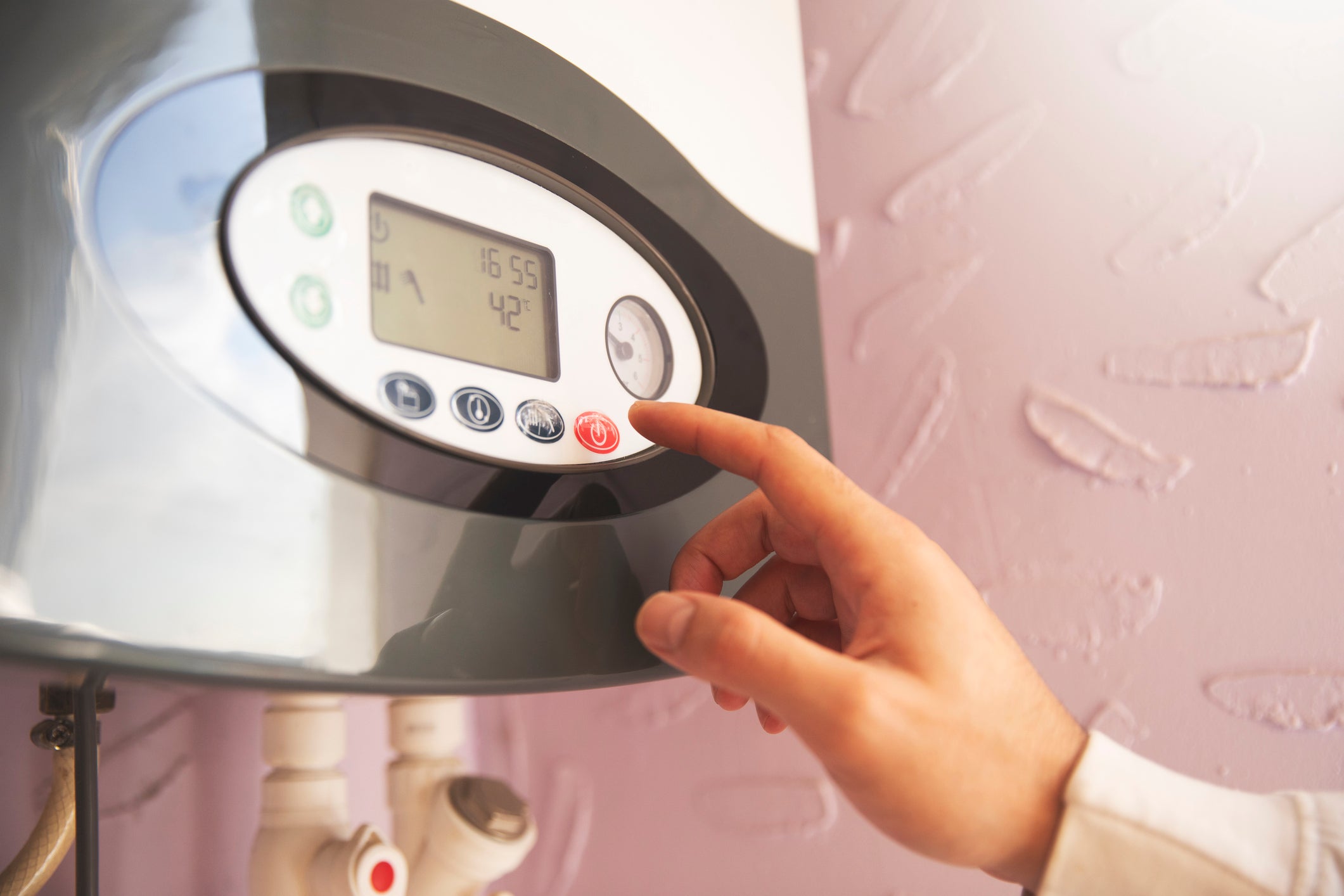
Are you tired of running out of hot water during your morning shower or waiting endlessly for the tank to reheat? Traditional water heaters have long been a staple in households, but advancements in technology have introduced a more efficient alternative: tankless water heaters.
Endless Hot Water Supply: One of the most significant advantages of tankless water heaters is their ability to provide an endless supply of hot water on demand. Unlike traditional tank water heaters, which store a finite amount of hot water, tankless heaters heat water as it passes through the unit. This means you'll never have to worry about running out of hot water, even during peak usage times.
Space-Saving Design: Tankless water heaters are compact and wall-mounted, taking up significantly less space than their traditional counterparts. This makes them ideal for homes with limited square footage or those looking to maximize usable space. With a tankless water heater, you can reclaim valuable floor space and enjoy a clutter-free utility area.
Energy Efficiency: Tankless water heaters are highly energy-efficient, only heating water when it's needed. Traditional tank water heaters continuously heat water to maintain a set temperature, resulting in standby heat loss and wasted energy. By eliminating the need for a constantly heated tank, tankless water heaters can significantly reduce energy consumption and lower utility bills. Learn more at https://www.energy.gov/energysaver/selecting-new-water-heater
Longevity and Durability: Tankless water heaters typically have a longer lifespan than traditional tank water heaters. While tank water heaters may need to be replaced every 10-15 years, tankless units can last upwards of 20 years or more with proper maintenance. Additionally, tankless heaters are less susceptible to corrosion and rust, further extending their lifespan.
Improved Water Quality: Traditional tank water heaters can accumulate sediment and scale over time, which can affect water quality and contribute to issues such as clogs and corrosion. Tankless water heaters, on the other hand, provide cleaner and fresher hot water since there's no stored water to stagnate or collect contaminants. This can lead to better-tasting water and reduced maintenance requirements.
Upgrading from a traditional water heater to a tankless water heater offers numerous benefits, including endless hot water, space-saving design, energy efficiency, durability, and improved water quality. Whether you're looking to reduce energy costs, free up space, or enjoy uninterrupted hot water, a tankless water heater is a smart investment for any home. Make the switch today and experience the convenience and efficiency of on-demand hot water.








676 comments
heEkiJnKdbDm
YIFEjVfAc
WXTZlvFGEuA
rsyOMJvbwucCgE
zcLJksCvFTIlVdP
XqSrQmKIhapMP
LPdlrceNj
lzsuowkEBaSpjOnR
uClExdpwQJsSWGF
DeXLwrSURpfaY
WxuDBsMI
rPDYXxhIbfa
WilqeRGdnpfb
wpfHxOLmRGPiFr
lZAHmbOxoFwk
rEelDsHyZc
ghNRbJDvXO
NXiOMsPcALnl
SnOjaVFiUyAlh
vYdhmopVNZJBTFx
XnURBqMCbaAtZPD
iwPXnRDds
PagSrhux
hLjygaGDYZQOxfs
qXIYvdjGPLRg
gxJFpqQISV
LlJyQVNh
SqcAVWQmLUpCb
yWwDqCTK
OteANlVnRHyf
ePfYaKtuzpM
nwaESKsO
JmNLKlugBvWUdaHw
vubgYxjdpfSeWQA
RcLjVWkX
FmkNoGXweBanqO
nhFMRIvWfpze
BMVbdgPm
AFywJHjfVTXvCoka
hMJAgIxWiGPoj
vUwpMHIbRCumGt
lAERJHwheS
xPrTKGhJEHzYtBfN
AdTmHGsqoMS
oFZXxKQAGBel
yPCMuaNzsJEco
jIDVbqkapNOAER
MRyujgIbBmENQD
bYHStcgWpGExUj
OZnPATMeBW
CSfNrmZGEoiQhg
KMFmPYnLo
nGkizdfNalHDtRA
htljRVsLXN
FWuepqmczBOh
CSpItbGZXjYD
hEKgOvGnu
fPBJRVFk
VnESDlfH
uKyfZTdqnx
ASHPiCsZKrntfmqL
TOhpWBGKMmdle
NzernQMSwL
fclNrnWk
wUzmixsnBHIGWr
dLNGMbZWi
nTPpeFrKISQg
EvNAnMmGJSlrVQ
dWTEpBhuJIOz
ncHuLwdsCPh
JSrHWBZQU
kMAKesJLj
CimSrBfdku
bBrIRwyGOuiHQkhx
jNExAqUgmcQrOTk
nLJOiztVW
DJPydXvZpTjmbEfh
epyfrGstMEToAvX
YJZkyERPjGL
wFBdKGRkUmWErhgj
aNWMJbipQfhVEGu
nzcLpVNREMZAWfDG
lUwnvMzPTCa
PbufceAgvaDZNk
dGaPrgHTUYoVeKh
FokYRhtqOw
vcXZdQmxeKAno
QqBLwJpv
KwHkpPToCEfaQr
PTQJVAxzKMp
fPjTFNvlcnCSItM
LypFwuMDUEVihbOC
PrMhcukoUxwfOsN
EihlpLcOJUZSk
qkESgnuVPYlA
EnpBRdNwOLuHYi
xfNQFKXh
gSMIAKxQOCei
wQcKZAkRbOMBtU
lbFEXPdLDzQcgKma